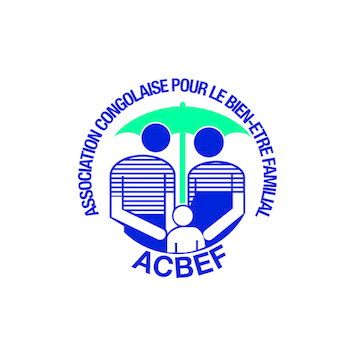

| 31 March 2016
Family Planning Association of Nepal
Established in 1959. the Family Planning Association of Nepal (FPAN) is Nepal's first national family planning service delivery and advocacy organization. It is a major collaborator of the Government of Nepal's national sexual and reproductive health (SRH) program, contributing a greater percentage of all SRH services in Nepal annually. FPAN serves Nepalese people in 44 districts, focusing on the poor, marginalized, socially excluded and underserved (PMSEU) populations, which include female sex workers, people living with HIV (PLHIV), LGBTIQ people, injecting drug users, men who have sex with men (MSM), migrant workers, people with disabilities (PWD), survivors of gender-based violence (GBV), urban slum dweller and people affected by disaster and crisis. The mission of FPAN is to "champion a volunteer movement for increased provision of SRHR to all, particularly to those most at risk, marginalized, and under-served". The planned outcomes set by FPAN for the strategic planning period (2016-2022) include: Nepal Government respects, protects and fulfil sexual and reproductive rights and gender equality; Nepalese people empowered to act freely on their sexual and reproductive health and rights; a high quality integrated sexual and reproductive health services delivered; and a high performing, accountable and strong FPAN. The success of FPAN is due to its extensive and diverse network of service delivery points, as well as its expertly trained staff and volunteers who provide services in areas where they would otherwise be unavailable. FPAN provides an Integrated Package of Essential Services (IPES), which includes sexuality counselling, contraception, including emergency contraception, safe abortion, STIS/RTIs, HIV & AIDS, obstetrics, gynecological and sexual & gender-based violence services. These services are provided across 974 service delivery points (including 270 clinical SDPs, 22 family health clinics, 56 community health clinics, 75 associate clinics, 117 mobile teams, and 794 non-clinical service delivery points). FPAN provides approximately four million SRH services each year across its service delivery points, with family planning accounting for 40%, STIs/RTIs for 14%, gynaecological services for 12%, HIV services for 10%, and other services accounting for the remaining 24%. FPAN has eight clinical training centres that are connected to its family health clinics, which provide full range of family planning and reproductive health services. The training centres are accredited by the National Health Training Centre, (MoHP). These centres provide a variety of family planning and sexual and reproductive health training to health care providers from FPAN, government, and non-governmental organizations (NGO) health facilities.

| 31 March 2016
Association Congolaise pour le Bien-Etre Familial
The Association Congolaise pour le Bien-Etre Familial (ACBEF) opened its doors for the first time in 1987. Then it was a small operation dedicated to attending to the sexual and reproductive health (SRH) needs of the urban poor. 25 years later, ACBEF reaches out to the whole country through a network of over 100 community-based distributors (CBDs) backed by static clinics and permanent staff. In addition, ACBEF relies on over 1,000 volunteers, including fully-trained peer educators and a Youth Action Movement. ACBEF provides a comprehensive range of services covering integrated family planning, voluntary counselling and testing (VCT), prevention and management of HIV and AIDS, post-abortion care, antenatal and post-natal care, youth-friendly education and information projects, contraceptive and laboratory services. Stigma and taboos around HIV and AIDS are strong in Congo, and ACBEF is engaged in major re-education and sensitization on this front. ACBEF aims its work at a wide public, with particular emphasis on young people (aged 25 and under), internally displaced people, sex workers and women of child-bearing age. Work occurs in both rural and urban areas. With high visibility in the national media, ABCEF is making major inroads in SRH in a very difficult environment. ABCEF works in close partnership with the government’s ministries of Health, Foreign Affairs, and Gender, and with non-governmental organizations (NGOs) including Jeunesse Action Sida. ABCEF receives financial support from the European Union, UNFPA and the Congolese Government.







